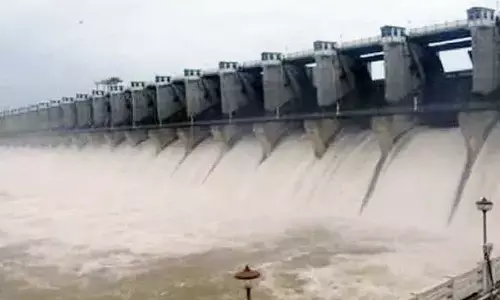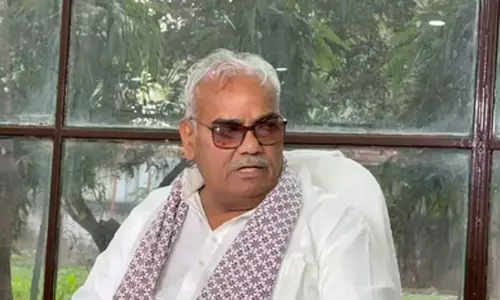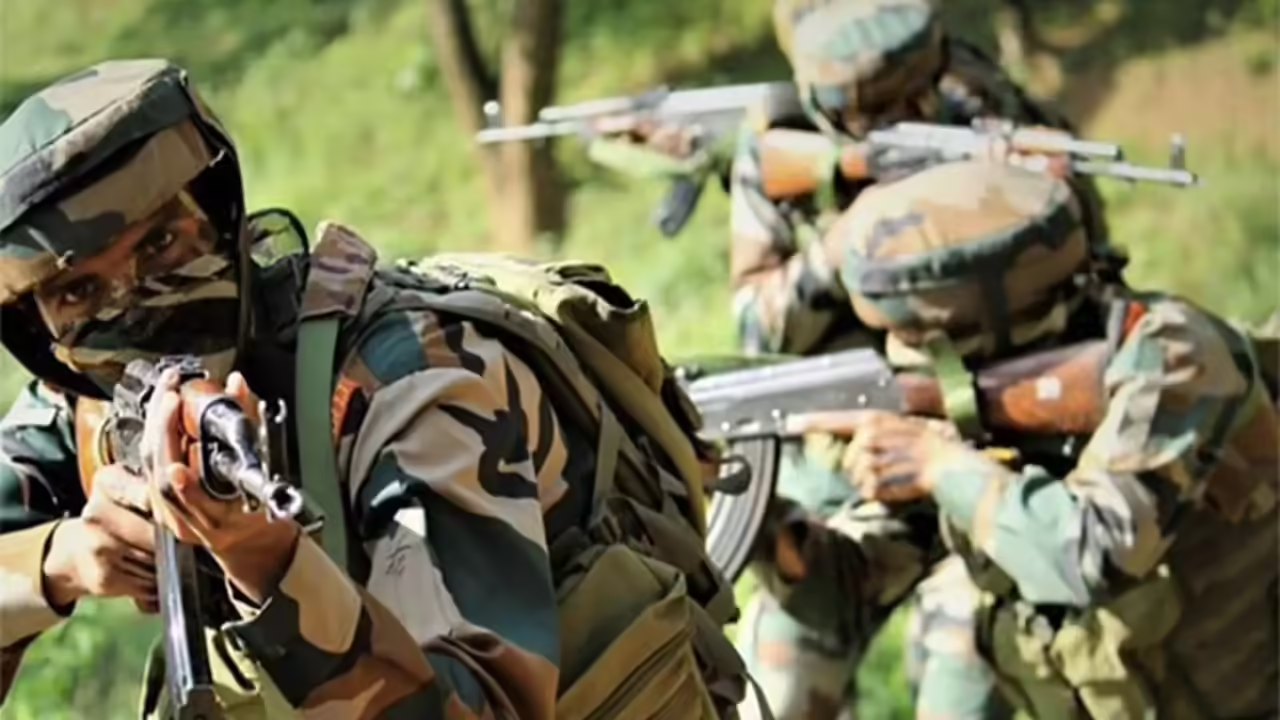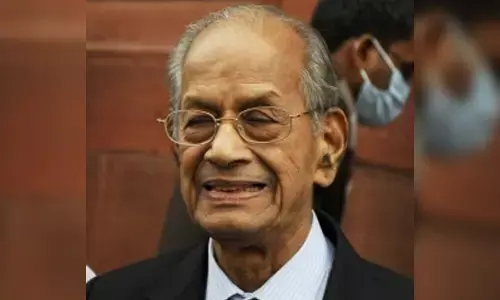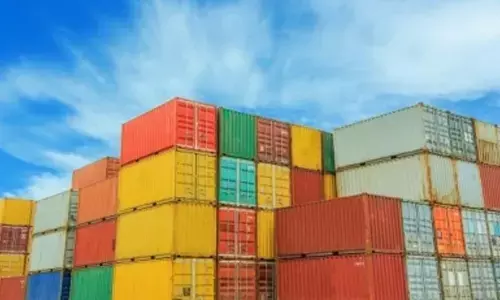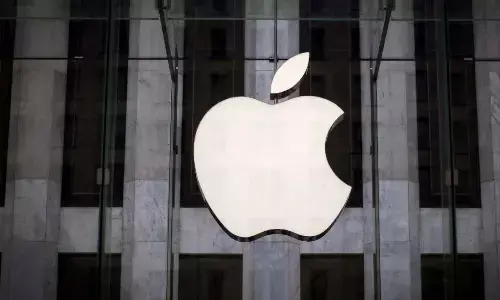Russia's belligerence threat to Ukraine's territorial integrity
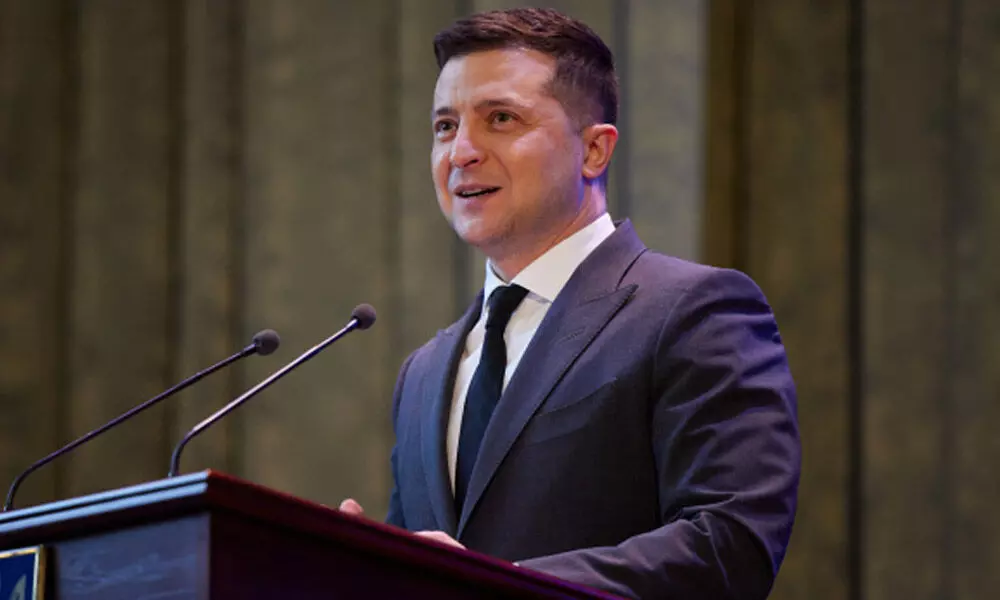
Ukrainian President Volodymyr Zelensky
Ukrainian President Volodymyr Zelensky visited Istanbul over the weekend to mark the 10th anniversary of his country’s strategic partnership with Turkey and shore up support from his Black Sea neighbour as tensions escalated with Russia over Ukraine’s simmering war in Donbas
Ukrainian President Volodymyr Zelenskyy visited Istanbul over the weekend to mark the 10th anniversary of his country's strategic partnership with Turkey and shore up support from his Black Sea neighbour as tensions escalated with Russia over Ukraine's simmering war in Donbas. The visit marks the Ukrainian leader's second trip to Turkey in less than six months.
In 2017, the countries created a passport-free travel zone and they are currently working on the implementation of a free-trade agreement, which leaders say will more than double the level of bilateral trade between them, reports suggest. Russia's annexation of Crimea was a game-changer for Ankara's relations with Moscow and how it viewed the balance of power in the Black Sea. Ankara's purchase of the S-400 has become one of the most intractable elements of Turkey's relationship with the West but placed outside its borders and in the hands of Russia, the missile system is also a serious challenge to Turkey's security. When Russia seized Crimea in 2014, it immediately began deploying the S-400 there. It also built up its naval forces, stationing submarines and ships with Kalibr cruise missiles capable of hitting targets 2,400km (1,500 miles) away. In 2016,
Erdogan had remarked that the Black Sea was becoming a Russian lake and if action was not taken to stop the development, history would not forgive Turkey. He then went ahead and sought a stronger NATO presence in the region as Russia increased its naval fleet in the region. More recently, Turkey has looked at the Black Sea as a step towards greater energy independence. In October 2020, it announced the discovery of 405 billion cubic metres of gas off its coast, the largest finding in the country's history. Recep Tayyip Erdogan has called for the "worrying" developments in eastern Ukraine's Donbas region to come to an end after meeting his Ukrainian counterpart in Istanbul, adding Turkey was ready to provide any necessary support to Ukraine.
Speaking at a news conference alongside Zelenskyy, Erdogan said he hoped the conflict would be resolved peacefully, through dialogue based on diplomatic customs, in line with international laws and Ukraine's territorial integrity. Erdogan did make it a point to emphasise that the talks were not aimed at any third country or third party Zelenskyy's visit to Turkey comes amid renewed tensions in eastern Ukraine, where Ukrainian forces and Russia-backed separatists have been fighting since 2014. In a visit to troops there this week, Zelenskyy said breaches of a July truce were increasing. Separatist authorities have also accused Ukrainian forces of violating the ceasefire.
Russia has reinforced its troops along the border and warned Ukraine against trying to retake control of the separatist-controlled territory. The Russian military build-up has raised concerns in the United States and Europe. Turkey is a NATO member. But Erdogan and Putin have forged a close personal relationship, sealing energy and trade deals. They have also negotiated for opposing sides in conflicts, including Syria, Libya and Nagorno-Karabakh. The main factor destabilising the region is Russia with its policy of encouraging the separatists who seek to control the coal mines, metallurgical and chemical plants and banks and farms in Donetsk and Luhansk. As long as this continues, it will be difficult for Ankara to keep quiet.








